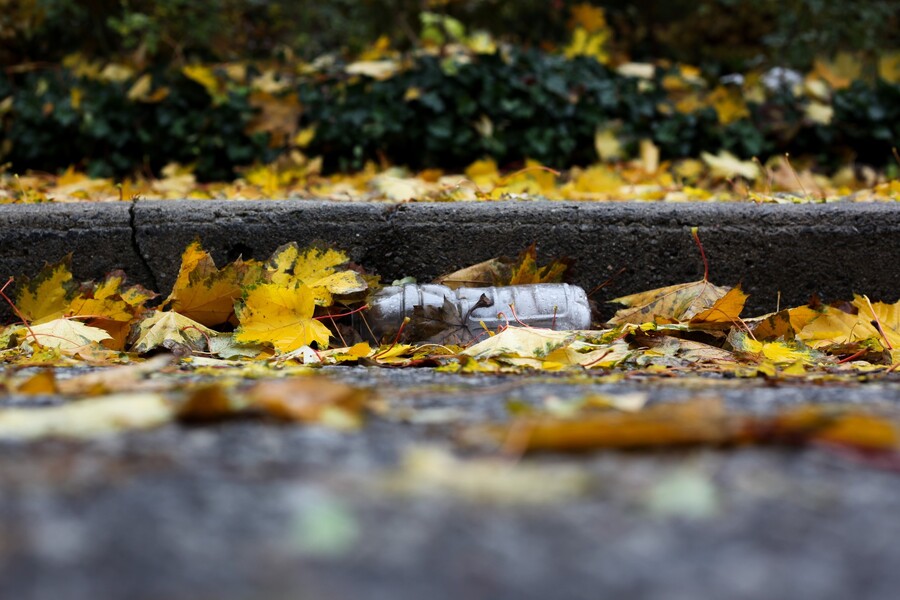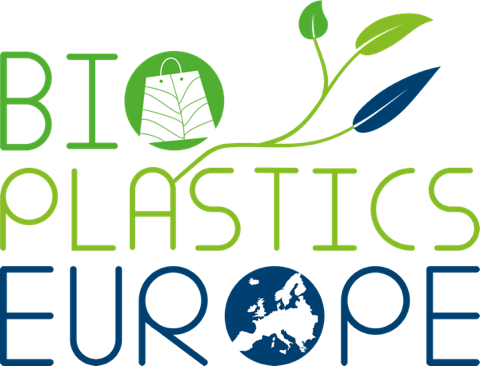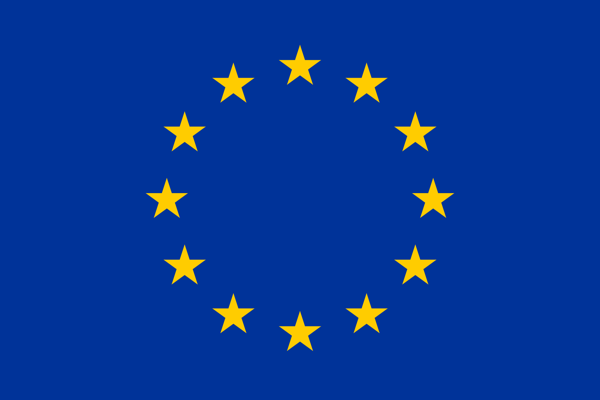Save the Date: New network of cities to avoid plastic waste starts in September
Hamburg, 27 August, 2020 - The amount of plastic waste is increasing worldwide. More needs to be done to avoid, reuse and recycle plastic waste. Many cities in Europe are already seeking and developing sustainable approaches to manage the amount of waste. In order to learn from each other and exchange ideas, the EU project BIO-PLASTICS EUROPE will launch a virtual platform on September 17, 2020.
Interested parties from European cities can register free of charge for the online kick-off event from 10 a.m. to 12.30 p.m. CET here: https://bioplasticseurope.eu/news-events/towards-zero-plastic-waste-in-historic-cities

Europe has more than 500 million inhabitants and attracts tourists from all over the world. Not all of them dispose of their waste properly, disposable plastic bottles and dishes end up in urban waters or are left by the roadside. Plastic waste in particular poses an enormous challenge. However, existing strategies within the framework of a circular economy for reuse or recycling often fail.
Many European cities have already begun to address these challenges. In order to exchange experiences and best practices, the EU-funded research project BIO-PLASTICS EUROPE is launching the network "Historic Cities Against Plastic Waste", HISCAP for short. The main focus is on cities that are characterized by cultural heritage; they are characterized by buildings and urban infrastructure of historical or architectural value. In regular virtual meetings, participants can benefit from the latest findings and effective approaches to solving the problem of plastic waste in their cities. In addition, cities can use this platform to present their own success stories on waste prevention and recycling with a Europe-wide reach.
The first HISCAP meeting takes place online on 17 September 2020 from 10 a.m. to 12.30 p.m. CET. Current best practices will be presented: "Lessons learned" from the Lithuanian city of Neringa on the Curonian Spit, insights into the proven deposit refund system in the Estonian Tallinn as well as experiences and insights from Plasta in Vilnius/Lithuania, the largest polyethylene producer in the Baltic States and one of the largest polyethylene recyclers and manufacturers of plastic products in Europe.
Contact
Hamburg University of Applied Sciences
Research and Transfer Centre „Sustainability and Climate Change Management“
BIO-PLASTICS EUROPE
Cintia Nunes
Ulmenliet 20
21033 Hamburg, Germany
cintia.nunes@haw-hamburg.de
www.bioplasticseurope.eu


